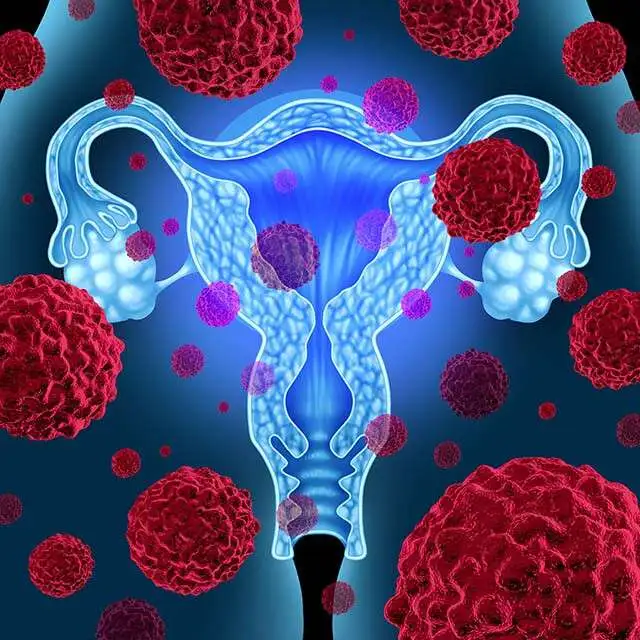Experts in the health sector, have advocated for a more comprehensive approach to the prevention of cervical cancer.
The experts in separate interviews on Monday in Abuja said that such approach should include probiotics with routine screenings and HPV vaccination.
They said that this was necessary in view of cervical cancer being a major public health concern.
Probiotics are beneficial bacteria that help maintain a healthy microbial balance in the body including the vaginal microbiome.
A dominant presence of Lactobacillus species in the vagina has been linked to reduced risks of infections and inflammation, both of which influence cervical health.
They opined that with Nigeria recording thousands of new cervical cancer cases annually, researchers were exploring the role of good bacteria in supporting vaginal and reproductive health.
A public health expert, Dr Gabriel Adakole explained that disruptions in the vaginal microbiome known as dysbiosis could increase susceptibility to human papillomavirus (HPV), the primary cause of cervical cancer.
According to him, a well-balanced vaginal microbiome, rich in Lactobacillus crispatus and Lactobacillus rhamnosus, creates an environment that makes it harder for HPV to thrive.
”Probiotics can help restore this balance, reducing the chances of persistent infections that can lead to cervical cancer.”
Adakole also said that HPV was responsible for more than 95 per cent of cervical cancer cases worldwide.
He however said that not all women infected with HPV developed cancer.
”A strong immune system and a healthy vaginal microbiome play a role in clearing the virus before it causes harm,” he said.
Similarly, Dr Uchenna Michael, a Gynecologist, said that bacterial vaginosis (BV), a condition associated with a decline in Lactobacillus, could make it easier for HPV to persist.
”Women with BV often have a higher risk of HPV-related cervical abnormalities due to chronic inflammation and changes in vaginal pH.
”By maintaining a healthy microbiome, probiotics may indirectly help prevent HPV-related complications,” Michael said.
He however said that against research suggesting that probiotics could support vaginal health; it should not replace established cervical cancer prevention strategies.
”Probiotics can be a useful addition, but they are not a substitute for HPV vaccination and routine cervical screenings.
”Women should continue to prioritise Pap smears, HPV tests, and vaccination for the most effective protection,” she said.
She stressed that with cervical cancer ranking as the second most common cancer among women in Nigeria, there was the need for a multi-pronged approach.
”Probiotics, alongside preventive measures such as HPV vaccination and regular screenings, can offer women a stronger defence against the disease,” she added.
She urged Nigerian women to be proactive about their reproductive health.
According to her, a holistic approach including a balanced diet, probiotic, rich foods, vaccination, and regular checkups can go a long way in reducing cervical cancer risks.”
As scientific studies continue to explore the full potential of probiotics, experts agreed that awareness and accessibility to comprehensive cervical cancer prevention strategies remain key to saving lives.
NAN


